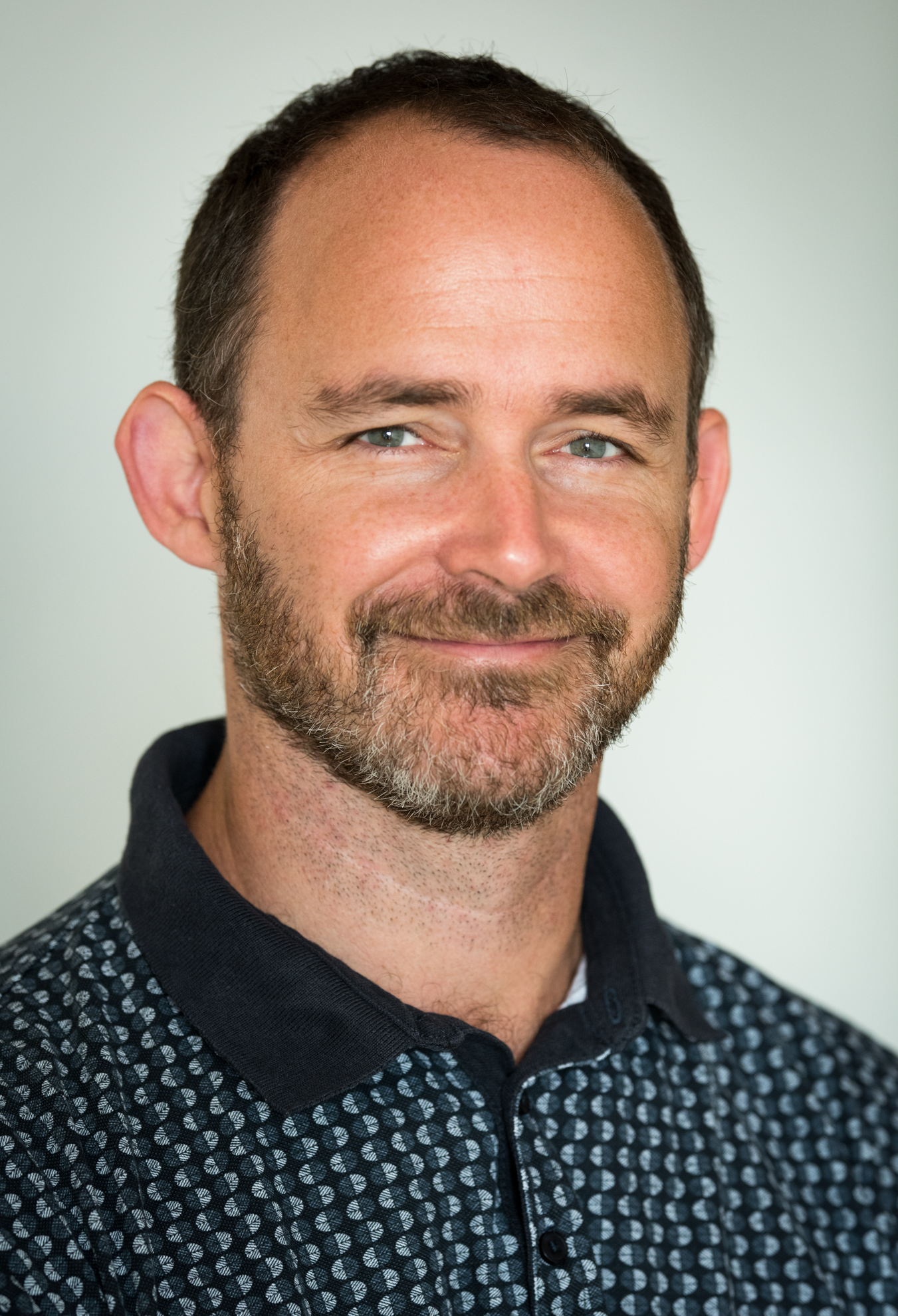- Nicolae Urs, Babeș-Bolyai University, Cluj-Napoca, Romania; urs@fspac.ro

- David Špaček, Masaryk University, Czech Republic, david.spacek@econ.muni.cz

More information is available here: https://www.muni.cz/en/people/77120-david-spacek.
- Steven Nõmmik, Ragnar Nurkse Department of Innovation and Governance, Tallinn University of Technology in Tallinn (TalTech), Estonia. E-mail: steven.nommik@taltech.ee
1) Introduction: Main focus and working aims of the WG
The Digital Government Working Group invites innovative papers on the influence of information communication technologies (ICT) on government, public administration, public policy and the public sector at large. The main focus and differentiation of NISPAcee regarding this topic is discovering some of the special challenges originating from the CEE region, but also contributing to the general discourses on the digital transformation of citizens, institutions and governance.
2) Concrete, specific goals for 2023. Invited topics for 2023:
Public institutions everywhere, but even more so in Central and Eastern Europe, were forced to navigate troubled waters in the last 3 years (the COVID-19 pandemic, the war in Ukraine and the energy crisis). Citizens and companies expect governments to offer solutions and support in these troubled times. Digital tools and new technological applications can help institutions cope with these overlapping crises and can also lead to the internal transformation of governments in search of efficiency, effectiveness and fairness. We welcome papers that touch on the challenges and opportunities new technologies bring to the public sector.
1. Topics related to the ways in which public institutions employ digital tools, both in their back-office and in delivering services to citizens and companies.
2. Topics related to digital data: how it is collected, how it is used and what changes (if any) an increasing amount of data bring to the public institutions.
3. Topics related to the implementation of digital transformation projects: moving from the planning phase into the real world. Anecdotes and some recent studies seem to show that the pace of change quickened, but more research is needed on this subject.
4. Topics related to security and privacy; how citizen’s rights are protected and how governments, both national and local, aim to strike the correct balance between increased internal connectedness (essential for more and more sophisticated online services) and the need to safeguard the privacy and security of the collected information (essential for trust between citizens and governments). Within this stream of research, we are especially looking for case studies or empirical findings on these topics.
5. Topics related to technological tools that foster citizen involvement: bespoke tools or commercial ones (social media, forums, etc.). We encourage authors to submit papers related to the innovative use of such tools in local or central government that help citizens, companies or NGOs to be involved in policy-making processes or project implementation. The pandemic forced even more of these processes to move online, and we are keen to know more about their impact on governance.
Beyond these invited topics, the working group is also open to presentations of other evergreen aspects of e-governance research such as the concepts of open data, online service design and delivery, transparency and new dilemmas of multilevel governance. The contributed articles may take the form of a case study, a report of a cross-country or cross-sectorial survey, a comparative analysis of showcases or policies, or even policy proposals or policy analyses. We encourage and advise authors to bravely use interesting new theories applied to e-governance and also the application of innovative qualitative and quantitative research methodologies.
3) Selection criteria. Guidelines for the contributors:
a) Addressing a relevant and practically embedded topic of ICT application in public services or administration.
b) Elaborating and thoroughly introducing new, innovative theories which enhance our knowledge of ICT in government and public administration, and which enlighten the challenges differently, leading to a deeper understanding of their nature or of their potential creative solution.
c) Enhancing the methodological rigour of e-government research, by presenting papers with systematically and properly executed quantitative or qualitative enquires in the overlapping domain of ICT, governance, participation, communication or any other relevant topic which might be relevant, not only for NISPAcee, but also to a broader international audience.
d) We would also encourage contributors to amend their abstracts and full papers with a short separate sub-section of practical points for practitioners. These sections should clearly highlight the practical value of the presented research and its results, listing a couple of concrete recommendations for practitioners, typically politicians, as well as public administration employees and leaders.
From participants of this working group full paper is required before the conference.
Deadline of full paper submission is 10/05/2023.
You can find manuscript guidelines on THIS LINK.
